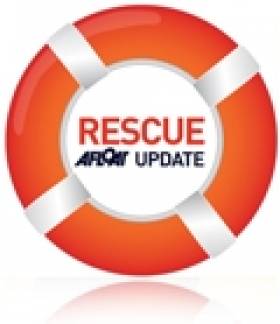Displaying items by tag: REACT
New Emergency Info System Put Through Its Paces
#Rescue - The Irish Coast Guard and the RNLI were among the emergency services putting some new communication technology to the test last month.
As Phys.org reports, the emergency exercise in Malahide Estuary was designed to test the effectiveness of REACT, or Resource for Emergency services to Access Command and control data using satellite and hybrid Technologies.
The system, funded by the European Space Agency (ESA), employs satellite, mobile and other communications systems to maintain a constant open channel between different response services, even if one network goes down during a crisis.
Rescue teams in the field can also remain in two-way multimedia contact with co-ordinators in the control room to ensure the right people are where they need to be as quickly as possible.
Ritchie Hedderman, head of operations at the Dublin Fire Brigade, which also took part in the exercise, said: "In the event of a major emergency, secure and reliable communications are vital to the emergency services.
"I feel that the satellite communications in time will prove to be the primary and preferred means for communicating as it can supply voice, video and data back to regional and national control centres where strategic commanders can assess situation on the ground and provide the back up resources in order that a successful conclusion to the emergency can be obtained."
Phys.org has much more on the story HERE.
























































